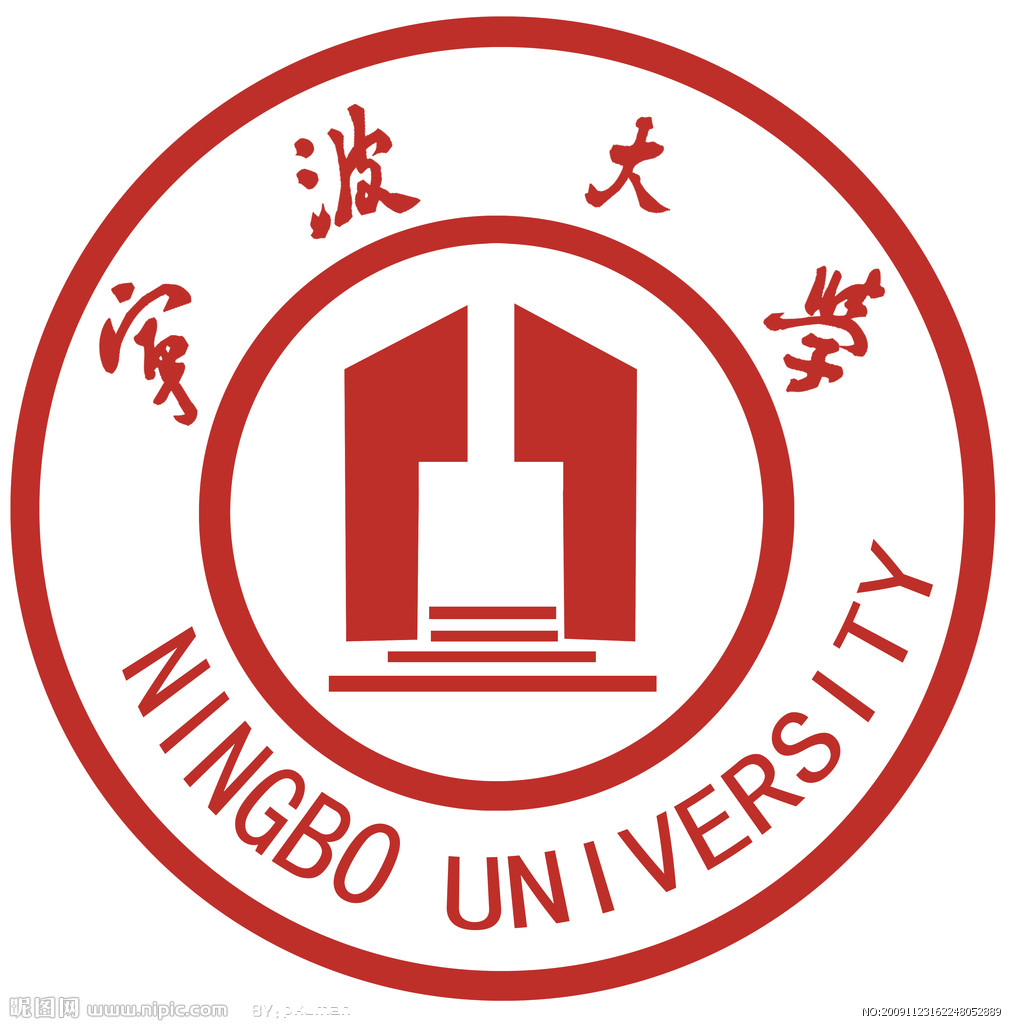About the Ranking
This ranking is arragned according to students's choice on China University Online Application Platform
-

Huazhong University of Science and Technology (HUST) is a national key university directly under the administration of the Ministry of Education of P. R. China, and is among the first Universities joining the national “211 Project” and “985 Project”. It has been honored as the “University in the Forest”. In recent years, with growing social impact, HUST has enrolled more high quality students. HUST graduates have been enjoying popularity among employers in the job market, and the employment rate has reached above 95%.
-

China University of Geosciences (CUG) is a national leading university under the direct leadership of the Ministry of Education, one of the first group university listed in the national "211" Project. China University of Geosciences (Wuhan) boasts a campus which covers an area of approximately 1.13million square meters with the scenic East Lake by its side, adjacent to national high-tech development zone and "China Optical Valley".
-

The main campus of Zhejiang Normal University (ZJNU) is located at the cultural historical city of Jinhua in the central part of Zhejiang Province. The city links Shanghai and Hangzhou to the north, and Guangdong and Fujian provinces to the south. The university is next to a national scenic spot-the Double Dragon Cave, and covers a total area of more than 200 hectares with a total floor space of 800,000 square meters. Its green and beautiful campus furnishes an ideal place for living, study and work.
-

Northwestern Polytechnical University is a National Key University, directed by the Ministry of Industry and Information Technology of the People's Republic of China, located in Xi'an, Shaanxi, China. The university emphasizes on the education and research in aeronautical, astronautical and marine engineering. In February 2012, NPU has 13,736 graduate students (3,063 full-time doctorate candidates, 7,087 master candidates, 3,586 professional degree candidates) and 14,395 undergraduate students.
-

Ningbo University is a dynamic, young, comprehensive university which is in the top 10 universities of China. It is one of the key institutions of higher learning of Zhejiang Province. It is in the beautiful city Ningbo which is renowned as a world-recognized port with cargo handling capacity ranking a stable second place in China. NBU has established friendly cooperation-relationship with many famous foreign universities in order to cultivate talents who have the international perspective. The University is now endeavoring to become a well-known university with both educational and academic excellence, not only closely linked with the local economic and social development and satisfying the demands of the age, but also contributing more to the economic prosperity and social development of Zhejiang and the country as a whole.
-

Hunan University, affiliated with the Ministry of Education of China, is included in China's "Project 211" and "Project 985" for priority investment and construction. The university has established academic exchanges with 120 universities and research institutes across the world. Hunan University is also home to over 1000 students from 48 countries and regions. The Chinese Language Center in Hunan University hosts the testing of HSK (the Chinese Proficiency Test) and is in charge of the test paper making and candidate instruction for the 8th, 9th, 10th, 11th "Chinese Bridge" (Chinese Proficiency Competition for Foreign College Students) organized by Hanban (Chinese Language Council International). The center has also participated in the work of the Confucius Institute in Korea and Chinese Language Centers in Vietnam.
-

Lanzhou Jiaotong University (LZJTU) (formerly Lanzhou Railway University) was established in 1958 through the combination of departments and sections from two highly reputable Chinese railway institutes: Tangshan Railway Institute (the present Southwest Jiaotong University) and Beijing Railway Institute (the present Beijing Jiaotong University).
In April 2003, with the approval of the Ministry of Education, the name of Lanzhou Railway University was changed to Lanzhou Jiaotong University. After 50 years of construction and development, LZJTU ranks as a comprehensive technical institution. The University has graduated more than 50,000 highly trained engineers and managers for both the railways and local transportation concerns. Through the long course of its operation, the University has firmly established its own excellent traditions and achieved a dominant position in many technical fields.
-

Harbin Institute of Technology (HIT) was founded in 1920. From its beginning, HIT has received preferential support from the central government. In 1954, the Ministry of Higher Education designated, for the first time, six national key universities. HIT was the only one of the six outside of Beijing. In 1984, HIT again found its way onto the list of 15 national key universities to receive special support. In 1996, HIT was among the first group of universities to be included in Project 211. This project targets 100 institutions of higher education in China to receive preferential support for development in order to become world-class universities in the 21st century.
-

SAU is one of the eighteen non-military universities cultivating officials for the air force. Nowadays, it has evolved into a multi-disciplined university of engineering science and technology with an emphasis on aeronautic and astronautic engineering, covering such diverse fields as science, technology, arts, economics, management and foreign languages.
SAU has actively and intensively developed its international academic exchange programs and cooperation.
-

The University of Science and Technology Beijing (USTB), founded in 1952, is a national key university under the direct supervision of the Ministry of Education of China. USTB is famous for its study of metallurgy and material science. While engineering is the focus, there are also programs in basic science, management, humanities, economics and law. USTB is one of the 33 Universities in China that are entitled to establish state-approved graduate schools. In 1997, USTB was listed as one of the first group of universities admitted to China's 211 Project.